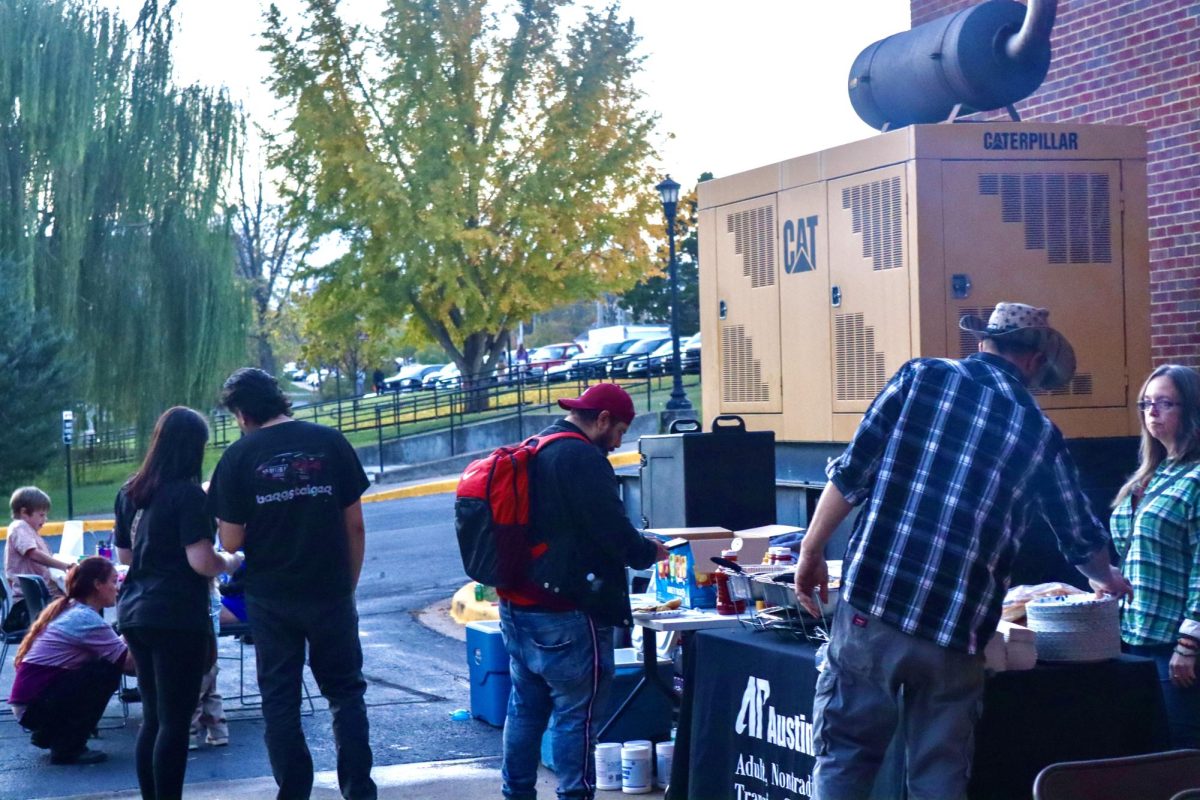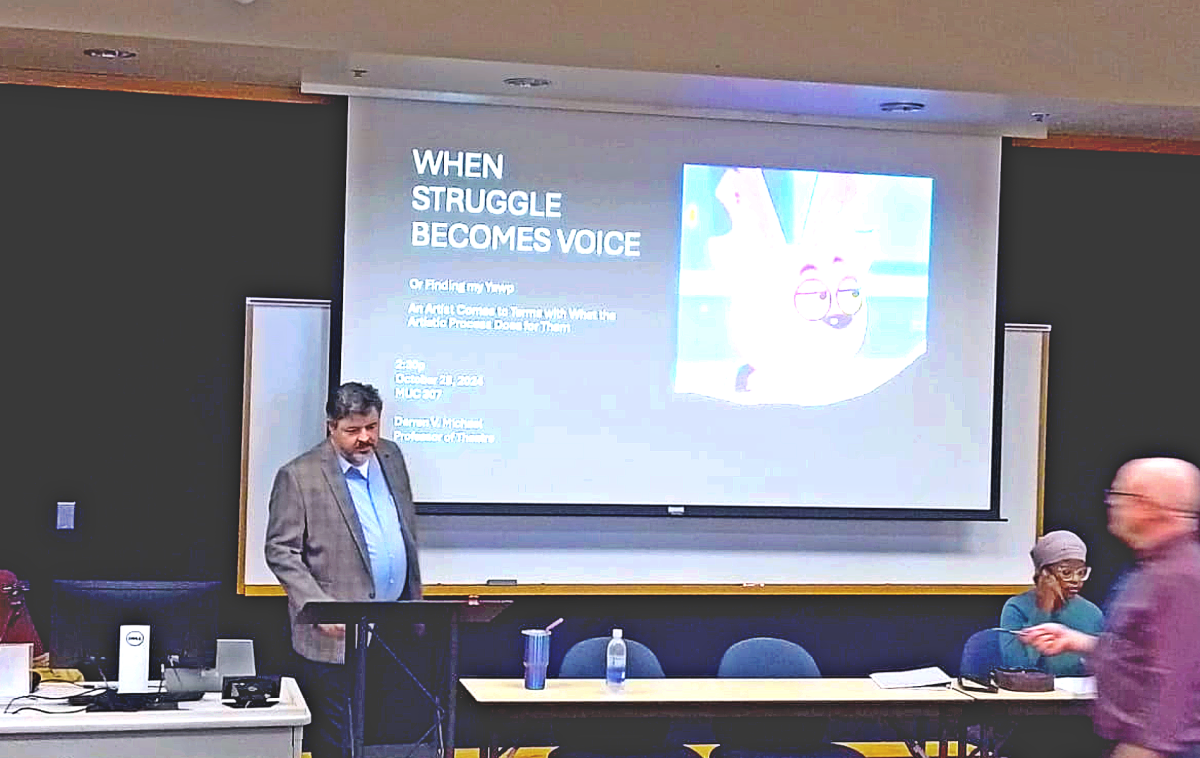» By Marina Head
Staff Writer
The end of the semester can be an incredibly stressful time for students. There’s pressure from finals and getting ready for the next semester, and all of that can be hard to deal with. Here are some ways to ease your heavy load.
Managing your time is a skill that will help you through your entire life. A way to get better at this is to make a schedule to help prioritize assignments and study time.
Making lists of all of your assignments and other things you may have to do is also more beneficial than freaking out and crying and then pulling an all-nighter in the library because you forgot.
“You need time management skills, and you need to know when to ask for help,” said freshman nursing major Briann Bross.
Tabitha Montague, sophomore business major and avid planner, said the end of the semester boils down to time management.
“With all the assignments and exams coming up as well as busy holidays, if you don’t plan accordingly and if you don’t achieve some level of self discipline, finals week will be a week of misery,” Montague said.
Another thing that comes with managing your time correctly is being able to spend the rest of it sleeping. Sleep has an incredible impact on everything you do, from how you interact with others to how you handle stress. Do yourself a favor and get more than just a couple of hours of sleep every night, especially before exam days. Everyone you talk to during the day will likely be grateful for it.
Eating healthy is something you should do regardless of the time of year, but it is especially important at the end of the semester to combat stress and to boost energy. Regularly eating healthy food can improve mood, boost energy and lead to a healthier brain.
The best “brain foods” according to WebMD, are blueberries, salmon, nuts, seeds, avocado, whole grains, beans, pomegranate juice and freshly brewed tea.
Healthy eating is also a good way to combat emotional eating, which is “a situation that can result in eating too much, too little or an excess of high-calorie, sweet, fatty foods,” said Health and Human Performance professor Anne Black.
“Planning ahead,” as well as “keeping a food diary” and participating in “moderate physical activity can help,” Black said.
Along with eating healthy, an effective stress reliever is exercise. Exercise can lift stress, treat depression, improve learning, build self-esteem and keep the brain fit.
APSU offers many group exercise opportunities throughout the week and on weekends. During a study break, fitting in a Zumba class, yoga class or a quick run can be beneficial in multiple ways.
Coffee from Starbucks isn’t a proper replacement for rest, but it can be beneficial in assisting with concentration.
When you hunker down to study, it may be wise to have a cup of coffee or tea with you. This can help you keep from drifting off while studying for that class that you regret signing up for.
According to Casey Leffel, a senior physics major and an employee at APSU’s Starbucks, “The secret to success is the proper balance between espresso shots, lack of sleep and crying time.”
Even with concentration and caffeine, breaks are important. When you hit that point where nothing is making sense and you want to bang your head on the wall, take a walk or watch a few videos on YouTube. When you come back, it will all make more sense.
Corny as it sounds, the most important thing of all for survival during finals is friendship. There are many things you can do with a helping hand that you can’t do alone. Studying with a friend can help you retain information better, and there’s nothing more important for finishing projects than an extra set of eyes.
The end of the semester may seem like a frightening time, but we’re all in the same boat. The person next to you is going through a similar experience. Chances are, they might even have a little bit of advice or an ear to lend. Don’t just suffer silently and alone when you can suffer together.
Now all you need to do is buckle down and get to it so you can start all over next semester.






